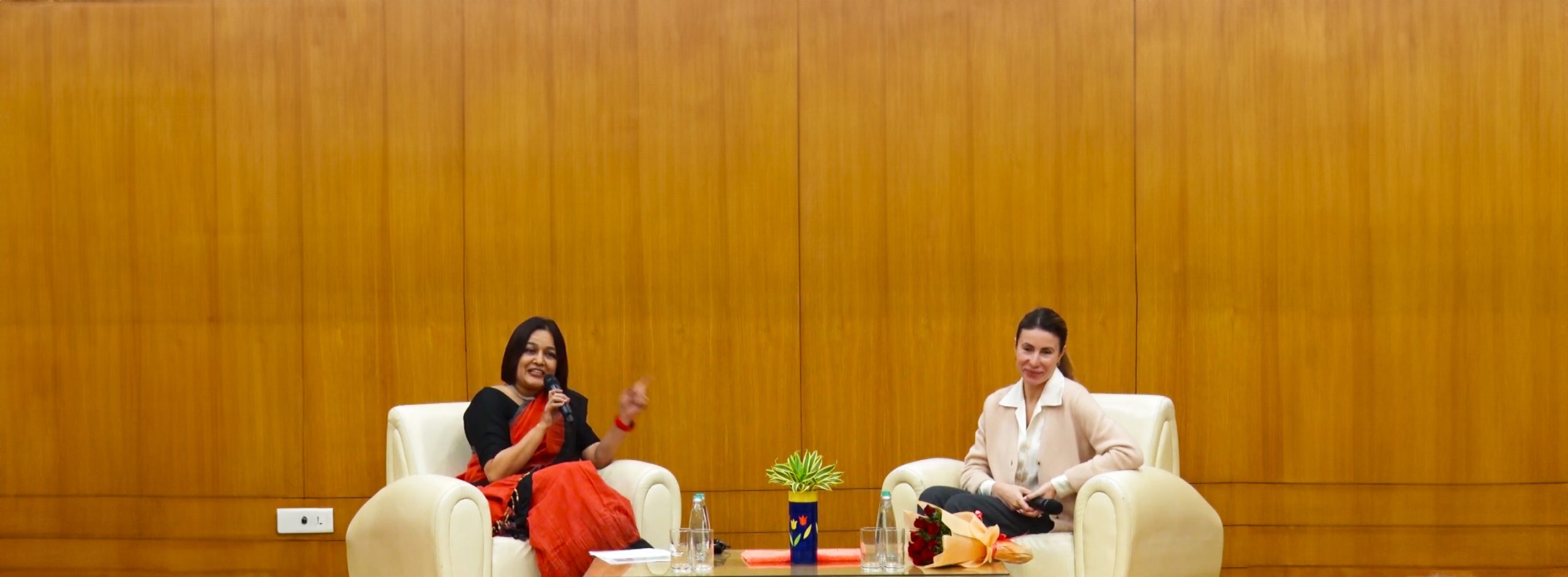Here at Persistent, we talk a lot about the software-driven world. To us it seems obvious – the role of big data analytics combined with the easy-to-use interfaces we are now familiar with from social media and gaming apps.
But it’s probably worth stepping back for a moment to think about how the software-driven world really is impacting so many aspects of life.
It has been six years since Marc Andreessen penned the famous essay in the Wall Street Journal “Software is Eating the World”. He was referring to the way software has become ubiquitous in our lives, and how it continues to disrupt every aspect of it. That is still as true today. Just look at the number of apps available to download – both new services and older services like CNN, Xfinity, your bank or utility company.
Some of the disruptions have made our life easier, changed profoundly the way we interact with the world, the way we conduct ourselves online. There are few other disruptions like AI which people look at with fear. The prospect of losing jobs to machines has been an old fear, but it seems more possible now. One thing is sure – in the Digital Era, we are truly going where no one has gone before.
A Turing Test
Recently, we installed Google’s Allo App. Allo is a personal assistant like Siri and Cortana. We had quite a conversation. It was quite humorous. We even succeeded in making Allo “angry and jealous” by comparing it to Siri again and again. It finally said to us – “Oh Stop. I am your Google Assistant”.
Allan Turing had proposed the Turing Test which allows us to determine if a machine can think on its own like us. Had Allan Turing been alive and able to see our conversation – it would have seemed to him that Allo passed the Turing test!
A Software-Driven world
Software is impacting our lives, and the change will just keep on accelerating provided we do not undo it with another world war!
The Indian elections of 2014, and the recent US presidential elections saw tremendous use of BigData and Analytics to understand voters, devise campaigns and fine tune poll strategies. Social media is increasingly becoming the medium of engagement between the government and the citizens, and is completely changing the dynamics of how leaders reach out to the masses.
With block-chain based technologies like Bitcoin and Ethereum maturing, a cashless economy doesn’t seem so outrageous any more.
AI driven personal assistants and devices – like Siri, Alexa, Cortana and Allo are changing the way we are communicating with our devices. They are giving hyper personalized suggestions, and having human friendly conversations. We may still be some years away from falling in love with our digital assistants, but Jarvis is longer be the exclusive privilege of Iron Man!
Use of mobile apps for daily activities is now common. Need to recharge a mobile, need to book a show, need to order some food, want to scan a document, need to check your bank account, need to book a cab, need some quick advice from your friend – there’s an app for everything!
The “Internet of Things” is here. Intelligent devices with sensors and actuators, coupled with software are going to help – Amazon’s use of drones to ship their products to consumers is just one example of what is to come.
With the advent of Virtual Reality and Augmented Reality, the entertainment industry is going to get disrupted. VR devices like Oculus Rift will enable us to experience new places and meet new people without us having to be present physically. Facebook, Magic-Leap, Google and Microsoft are heavily investing in VR and AR based technology.
Online MOOC platforms like Coursera and edX are offering free courses online. They also offer interactive assignments. Coursera also offers a degree program. Affordable Education is now within the reach of anyone with a decent Internet connection.
It’s also a reflection that the world is no longer divided into software companies and “other businesses”. Facebook, Twitter, Airbnb, Uber, Lyft, Netflix and Amazon – to name just some of the more famous ones – are businesses built on software. Does that make them a software company? It doesn’t really matter. The fact is their business models could not exist without being built on software – a software-driven business.
Is a Software/Algorithm Driven world good for us? Is it safe and reliable?
When one reads about a software driven world and thinks about its prospects in the future, it may sound utopian, and rosy – like the future painted in Star Trek.
Cynics and critics would quickly point out the possible dangers of entrusting our lives and data to AI, or self-driving cars. Most of us have seen movies like The Terminator or The Matrix. Those movies have portrayed the possibilities of intelligent machines enslaving humanity. Even Elon Musk thinks that those fears are justified. Common people fear that they would lose jobs to machines.
Recently, Google’s AlphaGo, an AI program running on DeepMind, a supercomputer, was able to defeat Lee Sedol in a series of games of the game Go. Experts in AI were surprised because the game of Go has potentially infinite outcomes, and an AI program could make intelligent choices and foresee all the potential moves against one of the best human player, and that too consistently. Events like these enforce the view that AI is dangerous.
And then there are some others who think that we are not quite there yet, true AI is not yet within the realm of possibility.
Our personal view is that the reality would be something in between.
While the fears of the cynics are not entirely unfounded, they are overtly exaggerated, mostly due to the portrayal in media. Yes, jobs which are easy to automate will be obsolete. Even now, countries advanced in robotics, like Japan are using robots extensively for industrial automation. 3D printing will eliminate some jobs in manufacturing industry.
But not all will be so bad. There will be new jobs, but they will require a different skill set. People would require to be re-trained in new skills. Anyone who is willing to adapt and learn need not worry. We will need leaders and mentors who are willing to re-skill people and people who are willing to learn new skills. We will need more entrepreneurs, who are willing to create new jobs and industries.
Conclusion:
As Sir Arthur Clarke, British science fiction writer among other things, said “Any sufficiently advanced technology is indistinguishable from magic”.
The digital age demands that every enterprise look at the software-driven models very seriously with a growth mindset; and call for immediate actions on how to go about doing digital transformation for a better future. Individuals, instead of shying away from technology, should adopt and embrace it to enhance productivity, health and improve relationships.






